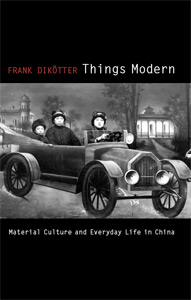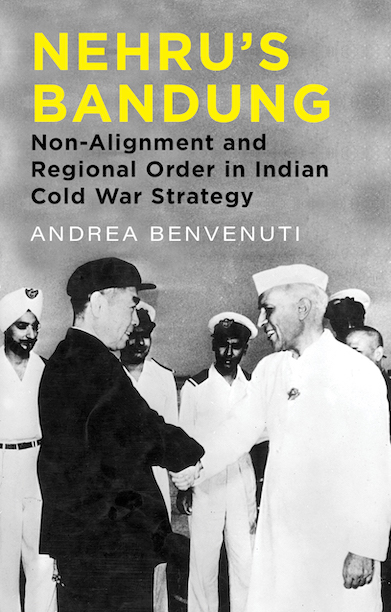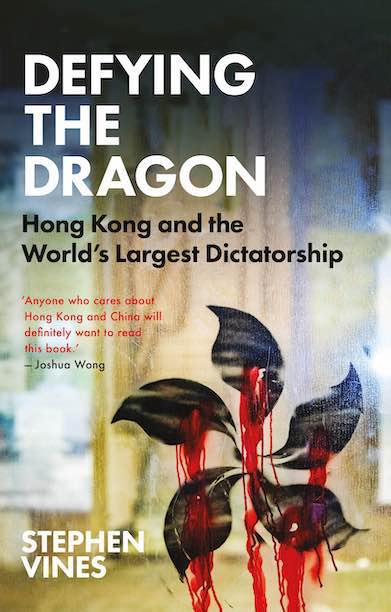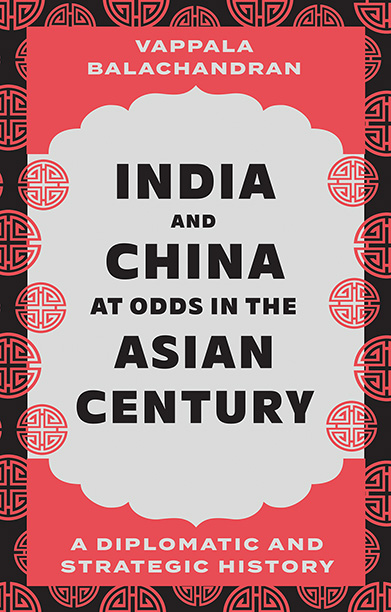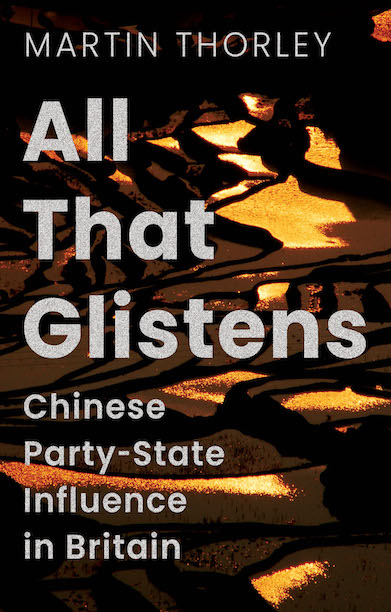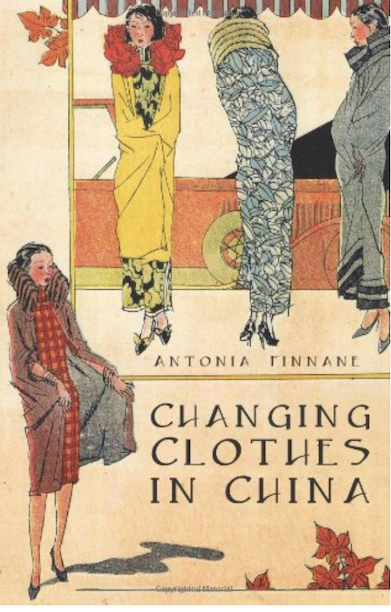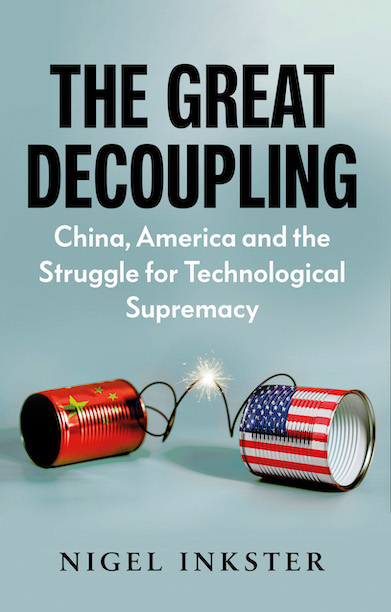Description
How do people relate to things? Much has been written about social movements in modern China, but next to nothing is known about the revolution which transformed the texture of everyday life. This is the first book to map the many changes in the material landscape of China from the mid nineteenth century to the advent of communism in 1949. In the late nineteenth century anything local was increasingly rejected as a signifier of backwardness, while imported goods were embraced as prestige symbols. Modernity had to be brought home to propel the country into the world of ‘civilised’ nations and join a universal march towards progress. But contrary to other parts of the world, for instance Africa and Latin America, the material goods and technological innovations associated with foreign modernity were not merely imported for elite consumption; they were copied locally and rapidly made available to much larger sections of the population.
Debunking the myth of ‘hostility toward alien things’ which is claimed to have slowed down China’s inclusion in the global economy, Dikötter in this richly illustrated book analyses how a very pragmatic attitude towards material goods prevailed, as most consumers bought the new and discarded the old without misgivings. They not only embraced new commodities, but rapidly started producing them for an export market in the twentieth century: cheap goods made in China can be found everywhere today, just as porcelain made in China pervaded the world several centuries ago. If an essential element of a rapidly changing world is the capacity to innovate, could China be more in tune with modernity than Europe?
Reviews
‘Writing as a historian of consumption rather than production, Frank Dikötter, in Things Modern, attacks the myth that the conservative Chinese rejected foreign consumer goods. On the contrary, he insists, they embraced modernity and consumer goods with extraordinary enthusiasm. … Dikotter’s account of the growth of modern consumption in China is vivid, lively and compelling. His descriptions evoke the noise and bustle of Chinese markets and the eyecatching colour of their goods. … Things Modern is beautifully produced on heavy paper with wide margins.’ — Delia Davin, Times Literary Supplement
‘Engagingly written, insightful, and complemented with nearly 100 illustrations… Highly recommended.’ — Choice
‘This is a book that can be read with pleasure by anyone interested in modern China.’ — Susan Naquin,The China Quarterly
‘[An] important and wide-ranging book . . . that will surely make us rethink a good number of our deeply held assumptions.’ — Omar Lizardo, American Journal of Sociology
‘This encyclopedic treatment of Chinese material culture will be a boon to all scholars of the period.’ — Karl Gerth, American HIstorical Review
‘Once again, Frank Dikötter reveals himself as a historian with real vision. This is one of his best books.’ — William T. Rowe, Johns Hopkins University
Author(s)
Frank Dikötter is Chair Professor of Humanities at the University of Hong Kong. Before moving to Asia in 2006, he was Professor of the Modern History of China at the School of Oriental and African Studies, University of London. He has published nine books about the history of China, including two international bestsellers, Mao's Great Famine, which won the BBC Samuel Johnson Prize for Non-fiction in 2011, and The Tragedy of Liberation: A History of the Chinese Revolution, 1945-1957.
